Events
Alternative Power: Moving Beyond Wind and Solar with Geothermal Energy

Oral History Training Institute
This virtual training workshop introduces researchers to oral history and research interview methodologies.
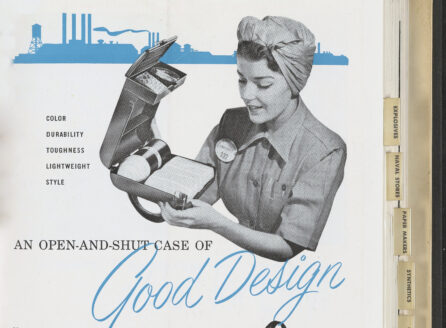
Stories of Science: Last Bite of School Lunch
Join us in our museum EVERY SATURDAY for a family-friendly program that highlights strange and surprising stories from the history of science!
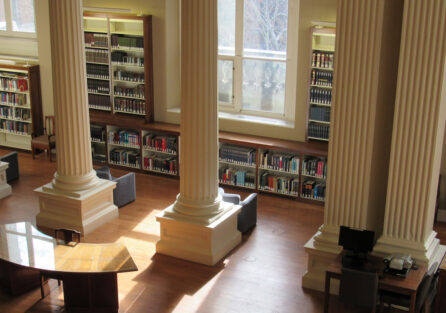
Othmer Library Tour
Curious about the other half of the Science History Institute? Step into the Othmer Library of Chemical History!
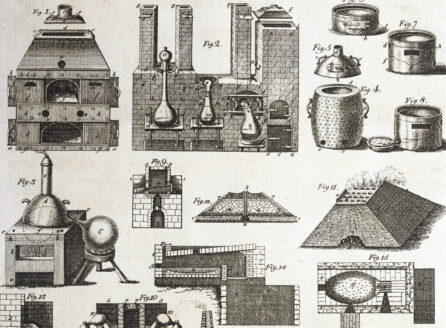
Alternative Power: Moving Beyond Wind and Solar with Geothermal Energy
Experts discuss the latest advances in geothermal energy, sharing details of its implementation on the Swarthmore College campus.
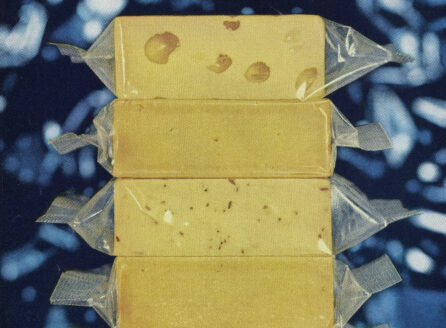
School Lunch Tour
This interactive drop-in tour reveals how food scientists, the government, and the public have shaped in-school nutrition.
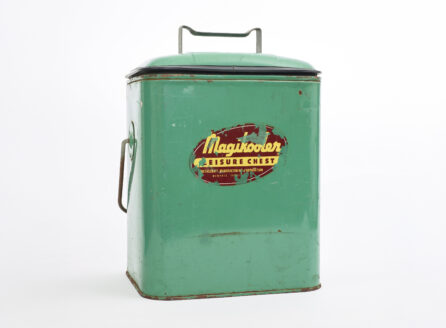
Stories of Science: Last Bite of School Lunch
Join us in our museum EVERY SATURDAY for a family-friendly program that highlights strange and surprising stories from the history of science!
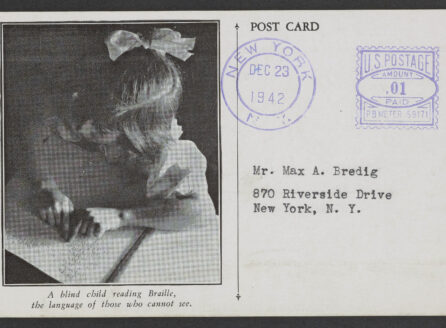
Stories of Science: Last Bite of School Lunch
Join us in our museum EVERY SATURDAY for a family-friendly program that highlights strange and surprising stories from the history of science!
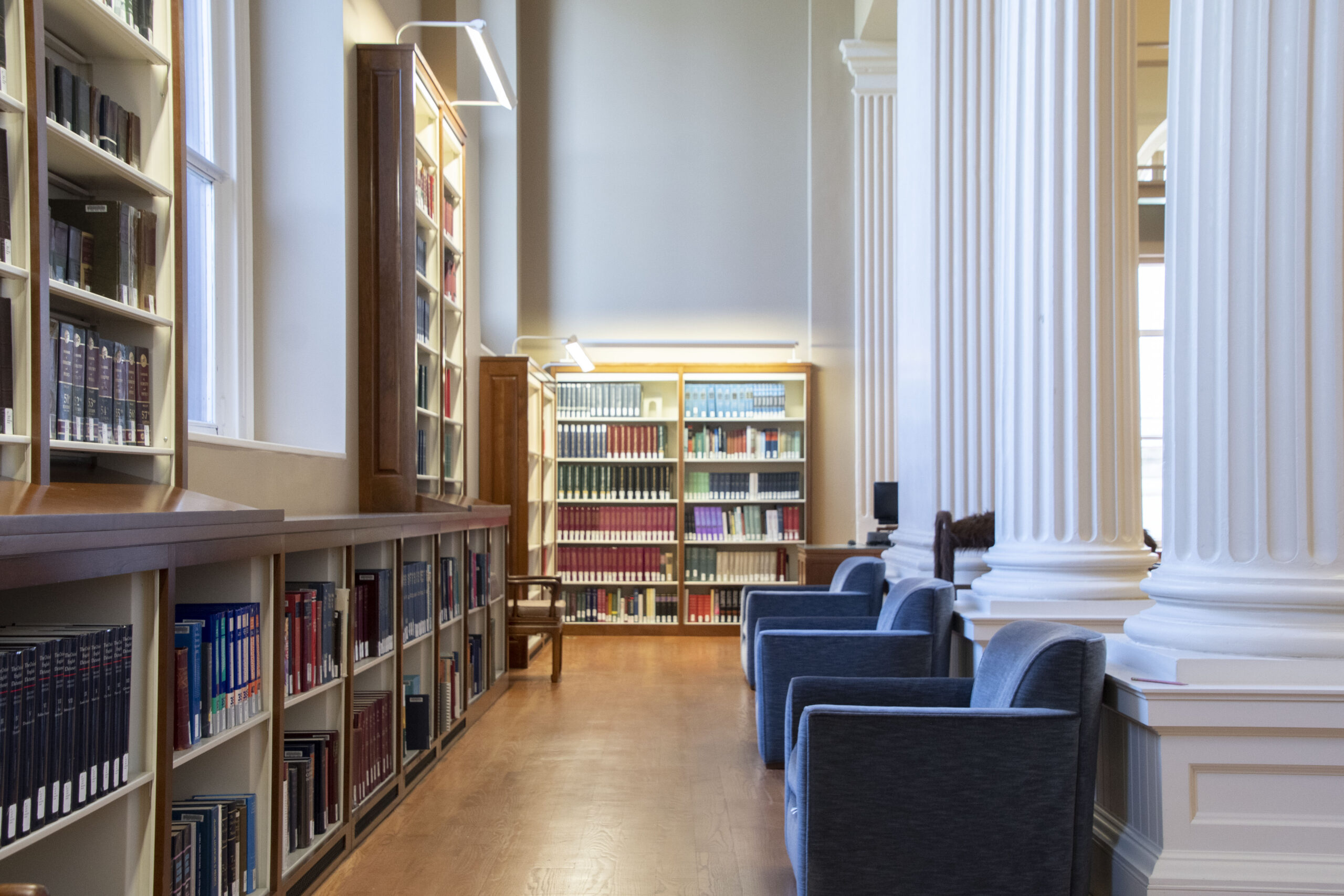
Othmer Library Tour
Curious about the other half of the Science History Institute? Step into the Othmer Library of Chemical History!
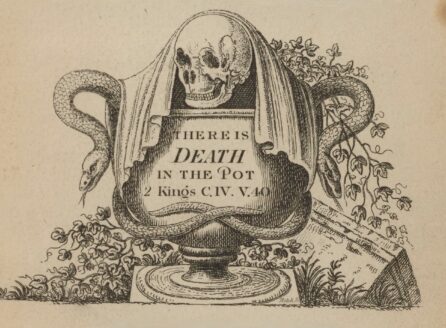
Stories of Science: Last Bite of School Lunch
Join us in our museum EVERY SATURDAY for a family-friendly program that highlights strange and surprising stories from the history of science!
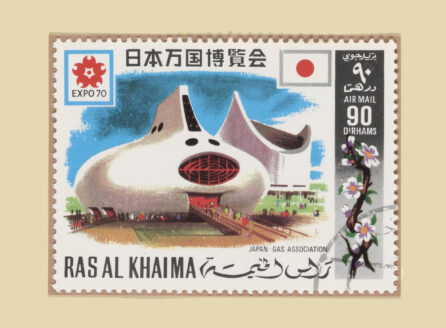
Understanding the Chemical Industry’s Financial Structures and Global Expansion to Inform its Transition to Sustainability
The 2026 T. T. Chao Symposium on Innovation will focus on the relationships between finance, patterns of ownership, and world trade, which are particularly significant for the chemical industry’s transition to sustainability in the 21st century.
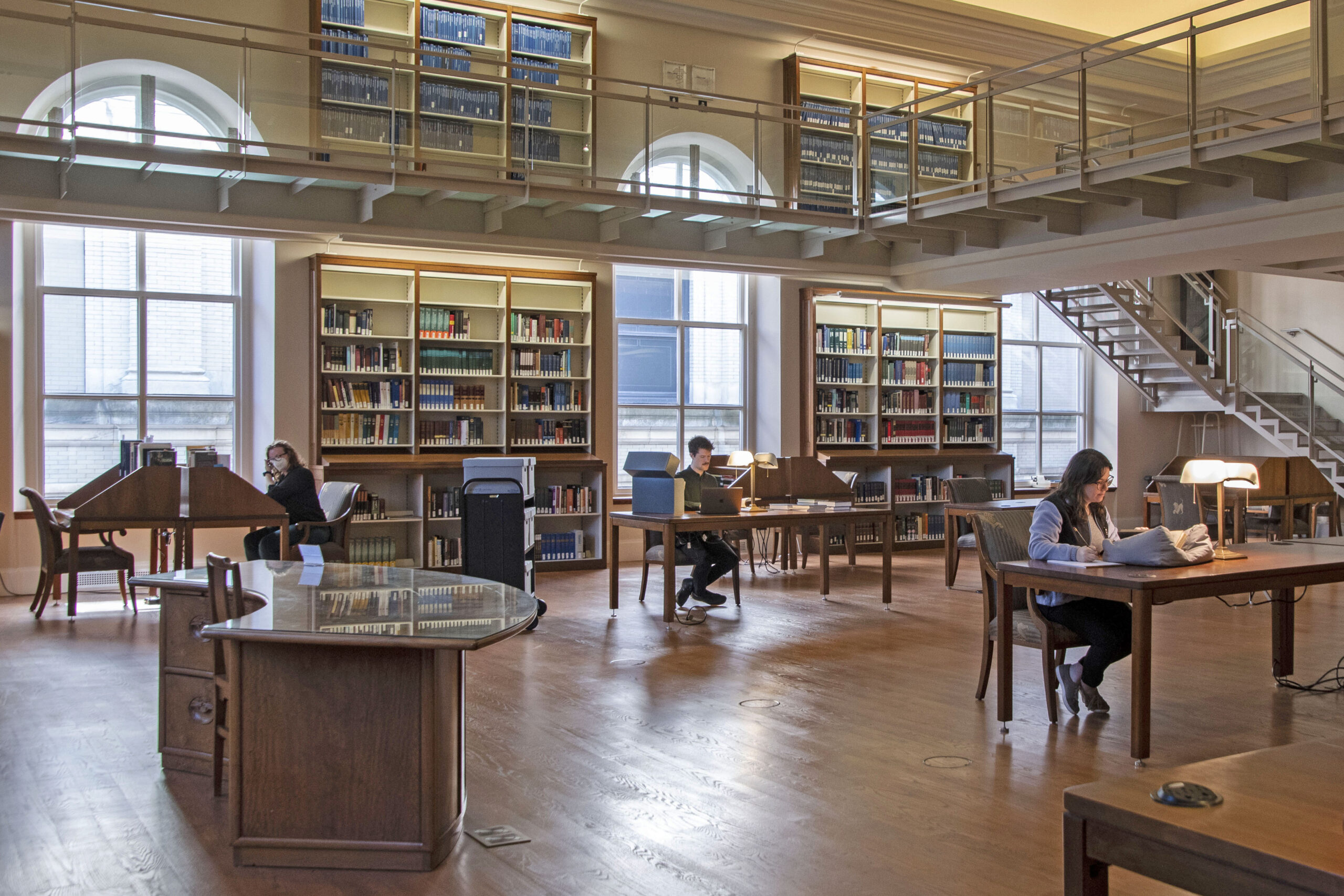
Othmer Library Tour
Curious about the other half of the Science History Institute? Step into the Othmer Library of Chemical History!

Wine, Roses, and Chocolate: How Romance and Science Work Together to Sweeten the Dark Days of February
Master flavorist Sam Tharpe, essential oil specialist Kim Bleimann, and chemist of wine André Isaacs uncover the unseen molecular world of romantic staples and the science that delivers them.
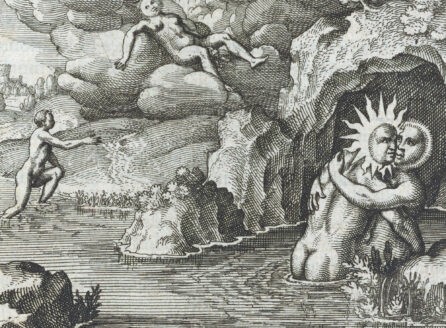
Stories of Science: We ❤︎ Chemistry!
Join us in our museum EVERY SATURDAY for a family-friendly program that highlights strange and surprising stories from the history of science!
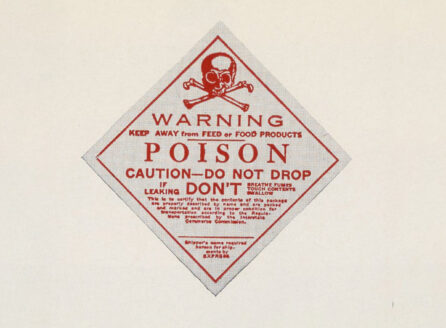
Science & Activism Tour
From Rachel Carson to ACT UP, explore how scientists and activists have shaped discovery and created change.
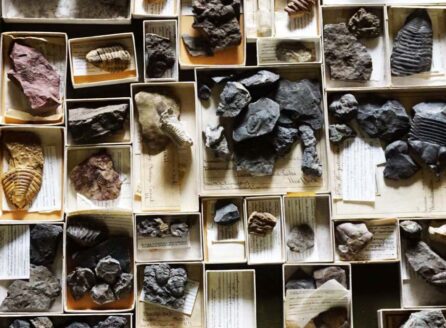
From Cabinets to the Cloud: Unlocking the Research Potential of Natural History Collections
Hear from marine biologist Alejandra Martínez-Melo on the digitization and sharing of the Academy of Natural Sciences specimen collections.
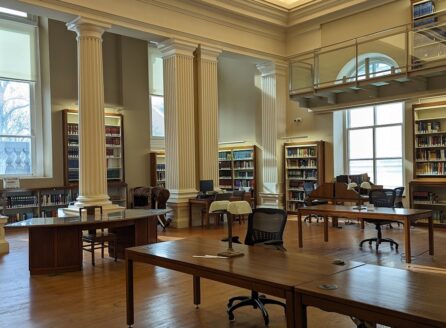
Othmer Library Tour
Curious about the other half of the Science History Institute? Step into the Othmer Library of Chemical History!
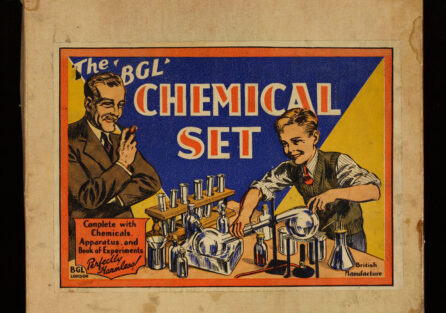
Stories of Science: We ❤︎ Chemistry!
Join us in our museum EVERY SATURDAY for a family-friendly program that highlights strange and surprising stories from the history of science!
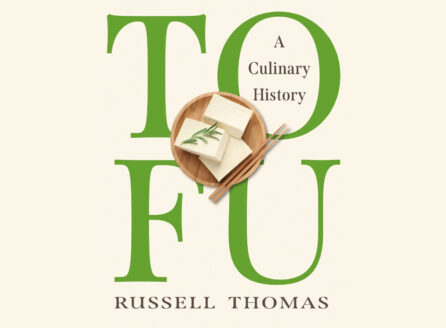
Tofu: A Culinary History
Food historian Russell Thomas traces the remarkable journey of tofu from its ancient origins in East Asia to its global rise as a staple of modern plant-based cuisine.
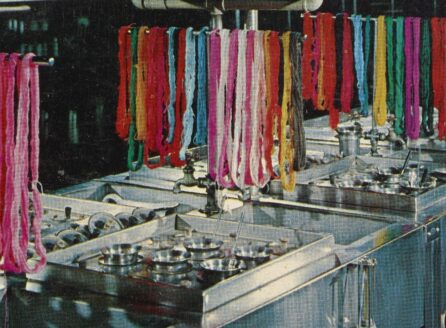
Stories of Science: We ❤︎ Chemistry!
Join us in our museum EVERY SATURDAY for a family-friendly program that highlights strange and surprising stories from the history of science!
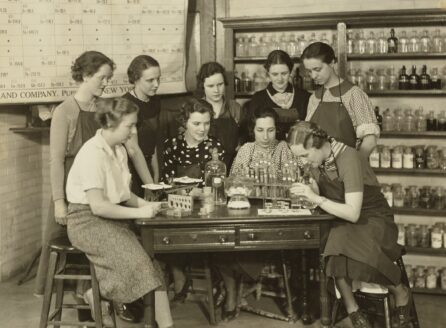
Women in Chemistry Tour
Drop in for a tour highlighting the central role of women in shaping chemistry and the material sciences throughout history.
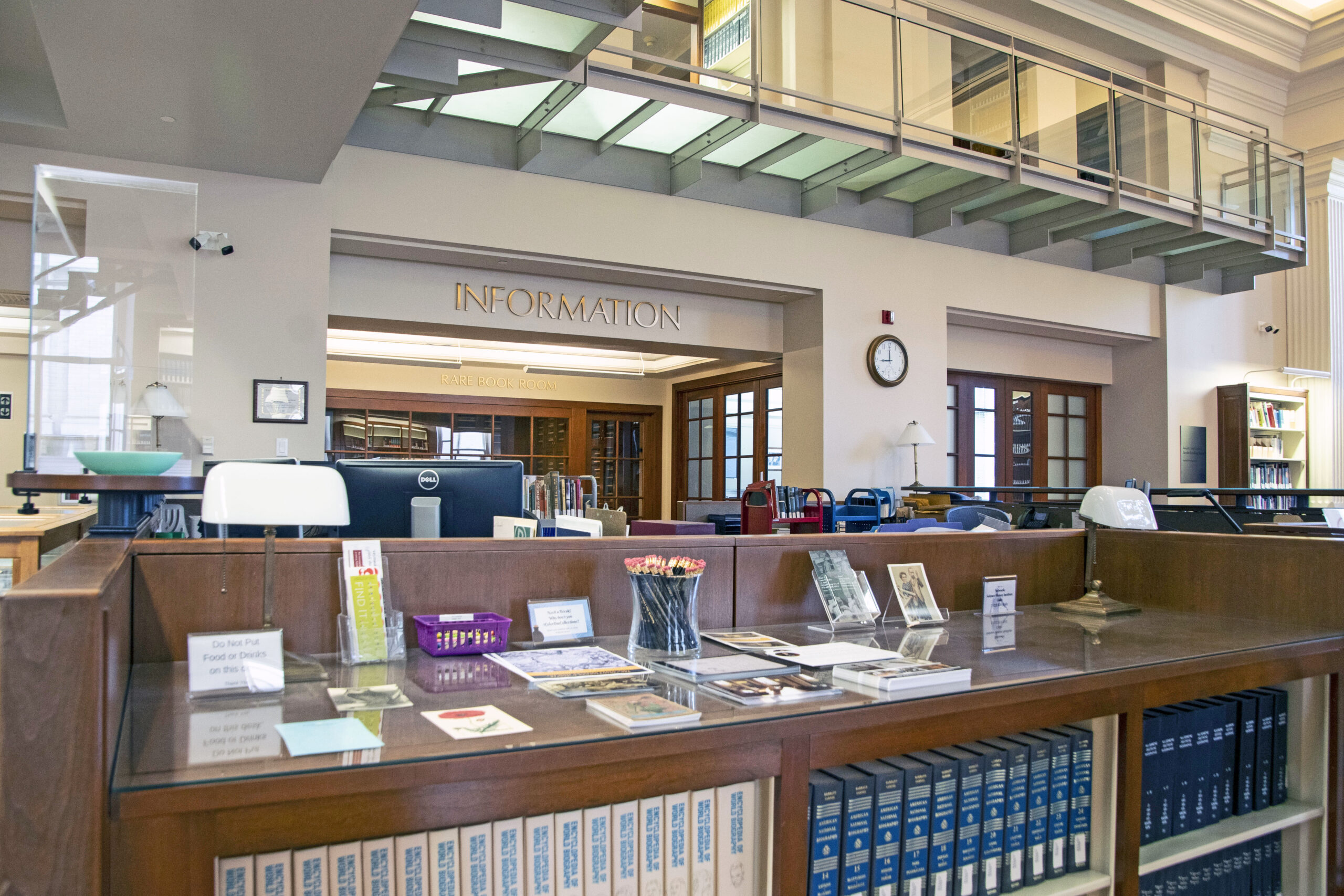
Othmer Library Tour
Curious about the other half of the Science History Institute? Step into the Othmer Library of Chemical History!
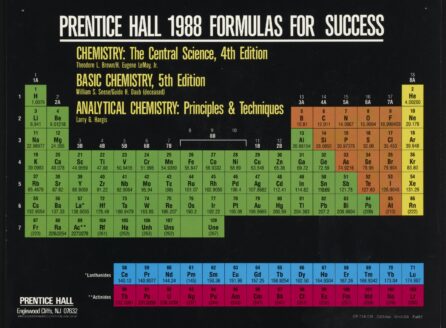
Stories of Science: We ❤︎ Chemistry!
Join us in our museum EVERY SATURDAY for a family-friendly program that highlights strange and surprising stories from the history of science!
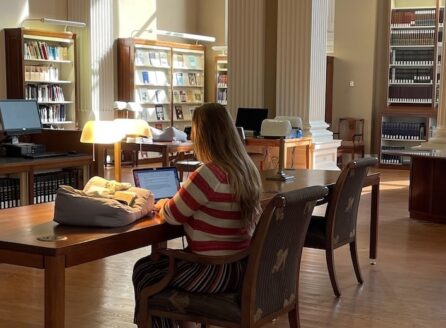
Othmer Library Tour
Curious about the other half of the Science History Institute? Step into the Othmer Library of Chemical History!
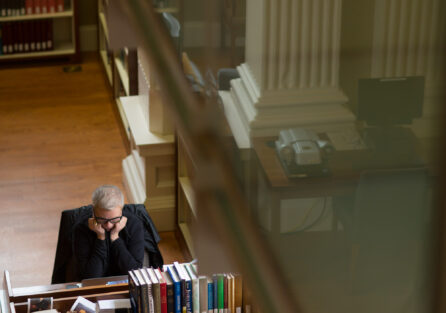
Othmer Library Tour
Curious about the other half of the Science History Institute? Step into the Othmer Library of Chemical History!
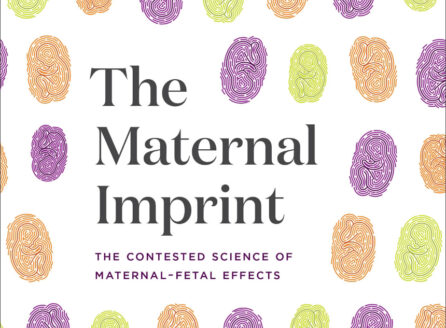
The Maternal Imprint
This Women’s History Month, join us for a thought provoking presentation by leading gender and science scholar Sarah S. Richardson.
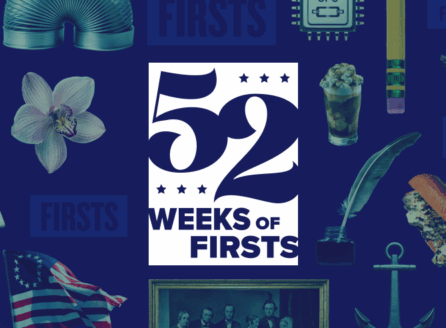
Stories of Science: 52 Weeks of Firsts
Join us as we celebrate the invention of the first paper match folder in 1892—the precursor to the modern matchbook—as part of the Philadelphia Historic District’s 52 Weeks of Firsts.
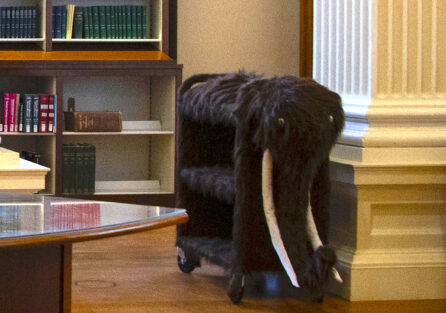
Othmer Library Tour
Curious about the other half of the Science History Institute? Step into the Othmer Library of Chemical History!

Othmer Library Tour
Curious about the other half of the Science History Institute? Step into the Othmer Library of Chemical History!
